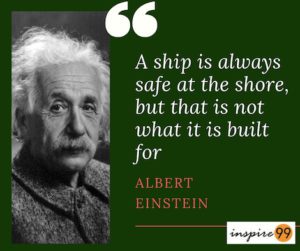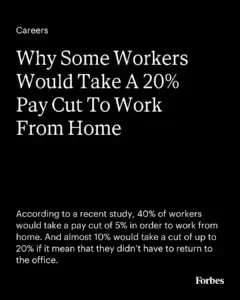It always seems impossible until it’s done – Nelson Mandela
It always seems impossible until it’s done: What a powerful quote – Nelson Mandela makes us challenge the assumptions of impossible and asks us to dare to dream beyond the impossible. The most natural response when something appears impossible is to give up and move on. But there are some desires, passions and dreams that […]




